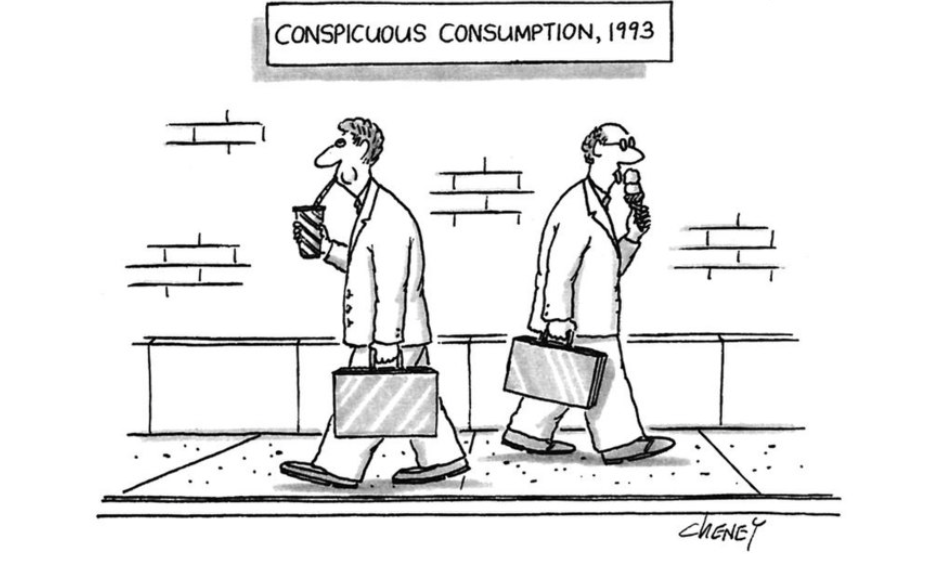
The coronavirus has created tremendous waves in many areas of life. It has made its mark on society in plenty of obvious ways: wearing masks, social distancing and online schooling. There are also some impacts of COVID-19 that don’t get perceived as often, particularly its effects on the climate.
This day and age is a turning point for our planet and for future generations. Society may choose to change its habits and reverse the effects of climate change, but if humanity continues living without considering the environment, the consequences of global warming will become irreversible. There are small actions that people can practice collectively to make an impact, however, it is the bigger corporations that the world is counting on to change their habits.
The virus has had massive implications on the planet’s climate–for some of which society is lucky. At the same time, the use of masks and the increased need for medical equipment has contributed to an abundance of medical waste.
People are working from home, doing school from home, travelling less and ordering all of their necessities–even groceries–from online sources like Amazon. All of these practices have resulted in less cars on the roads and less vehicles emitting toxic fumes into the environment. New York for example, reduced its air pollution levels by nearly half compared to before the lockdown.
Air pollution levels in many other regions decreased during the lockdown as well. Europe reported that its cities faced between a 30-60 % drop in nitrogen dioxide emissions, which is emitted from transportation and powerplants. Nitrogen dioxide is also a known cause of acid rain and can lead to health issues. As the presence of nitrogen dioxide lowers, the air quality increases, benefitting all forms of life.
The lifestyle changes alongside the pandemic have had other benefits, such as the minimization of water pollution. In some areas, water sources have become more suitable to communities and wildlife. In Manhattan for instance, the Hudson River has become clearer since the beginning of the pandemic– a sign of less bacteria. The reduction of traffic–especially in cities–has also caused decreased noise pollution, which has harmful effects on most life forms and is present among other types of pollution. Noise pollution can increase levels of stress and anxiety and can even lead to hearing loss. Additionally, the lack of international travel has allowed popular spots for tourism to rest and rejuvenate.
Despite these hopeful environmental developments, there are some aspects that simply cannot go ignored. The increase in medical waste and single-use plastics are one of these aspects.
For example, In India, while levels of air pollution decreased, the amount of medical waste grew dramatically. Medical waste in the city of Ahmedabad nearly doubled over the course of the coronavirus pandemic. Wuhan, China has faced an excessive amount of medical waste as well, producing 190 extra tonnes of medical waste per day compared to the rate before the outbreak.
If medical waste is not disposed of correctly, it can put people and animals at risk. Medical waste can have serious impacts on the environment, as it is filled with bacteria and often made of plastic. Plastic can take several centuries to decompose. In fact every single piece of plastic that has ever been created is still present to this day. Also, medical waste can spread infectious diseases in addition to COVID-19, which occurs when the equipment is used again and again.
The amount of single-use plastics present in general has increased since the beginning of the pandemic as a result of the demand for single-use personal protective equipment and the popularity of online shopping. Since March, the already prevalent problem of single use plastics in the environment has only grown.
Despite the increasing presence of single use plastics and medical waste, the pandemic has given the environment a break that it desperately needed. While the virus has created much loss and sadness all over the world, it’s reassuring to know that at the very least the environment is getting some relief.
When the world begins to go back to a more regular pace, whenever that may be, the climate crisis may get out of hand. If everyone immediately returns to habits such as commuting and air travel, the crisis may just reach the point of no return. If anything, the pandemic has given society some time to figure out how to solve the many environmental problems.
The post-pandemic world will be a very different place, with many companies that resorted to at-home work environments staying this way permanently. Since these practices reduced daily transportation and resulted in less pollution, there is surely hope that society will continue nurturing the planet. However, it may be too positive of a perspective. One question in particular comes to mind: Will society be able to continue the habits that have aided the environment throughout the pandemic?
Sources:
https://www.ncbi.nlm.nih.gov/pmc/articles/PMC7498239/
https://www.eea.europa.eu/highlights/impact-of-covid-19-lockdown
https://www.eea.europa.eu/post-corona-planet/covid-19-and-europes-environment
https://www.sciencedaily.com/releases/2020/12/201208162957.htm



































